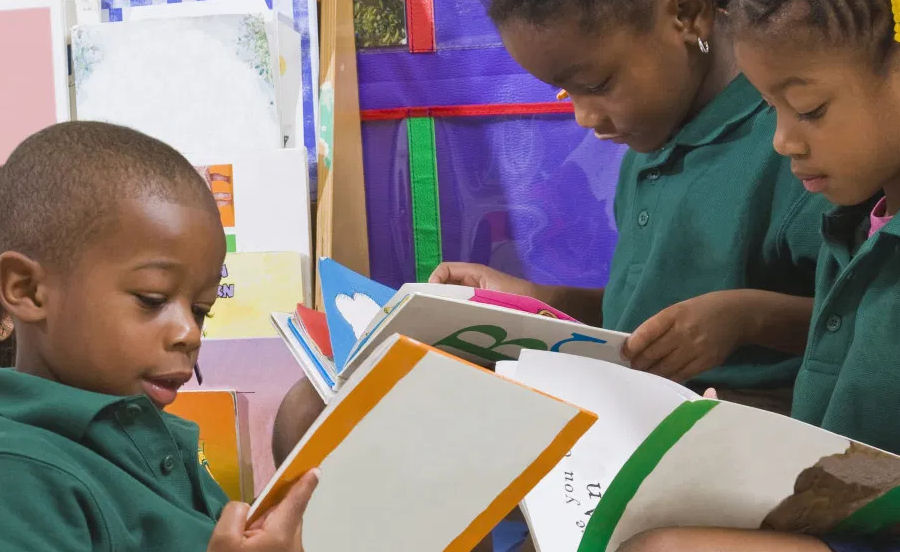Childline Zimbabwe is a registered Private Voluntary Organization registered under the laws of Zimbabwe.
Core Values
Confidentiality
Commitment
Non-discrimination
Team Work
Transparency

Our Vision
A Zimbabwe that is passionate about the protection of children.
OUR MISSION
To champion and promote the protection of children in Zimbabwe through the provision of safe, confidential reporting and support mechanisms.

In 1997, a group of Zimbabwean women (known as the Soroptimists) established Childline Zimbabwe’s, a child-friendly response service for children accessible any time of the day or week, to receive protection and emergency care. It was based on existing Childline South Africa and Childline UK models. The Zimbabwean community was mobilized to support this initiative through donations in cash and kind. The Ministry of Health and Child Welfare then officially launched the Helpline service realising its crucial role in preventing, detecting and responding to child abuse, violence and exploitation.
There has been much debate in the community about the relevance and/or need for Childline in Zimbabwean society. Others have felt that Childline is an imported Western concept that undermines the values and culture of the community.
In any culture throughout the world, the basic unit in any community is the family and rightly so. The most widely ratified United Nations Convention in the world, the Convention on The Rights of The Child, lays down in the first 41 articles the well known and accepted rights of identity, access to adequate food, shelter, health care and education. But children require more than that – they also need a stable, secure and loving environment in which to grow.
It is widely accepted that the importance of the child in Shona and Ndebele culture has been one of the cornerstones of the success of the culture over many hundreds of years, but society in Zimbabwe, as in the rest of the world, is constantly evolving and changing.
Traditionally the concept of the family extends far beyond the nuclear unit and encompasses all relatives, and any one individual’s welfare is the concern of all family members, with assistance and support being freely given when required.
Current widespread economic hardships, the HIV/AIDS pandemic and the impact of Western culture have all contributed to the increasing number of problems being faced by the family unit, not only in Zimbabwe. This has led to an increasing number of situations in which a family, however willing, is simply unable to cope with the extra burden often of caring for a deceased relative’s children. Alternative support systems have been viewed very much as a last resort, with the intervention of the state seen as an insult to the family.
The adoption by some of Western ‘values’ has led to a feeling that the state must take on the responsibility for caring for the children, but often even when the children are cared for by relatives there is great inequality in the way they are treated, even being relegated to little more than unpaid domestic workers
Childline is a free confidential multilingual helpline service which through it’s unique approach of Freepost, Free phone and the Drop in service aims to reach every child in Zimbabwe regardless of economic circumstances.
Childline acknowledges that the family unit and parental guidance are of paramount importance and should be in the forefront of any decisions made regarding the welfare of children. It is only when these systems fail that Childline has a role to play. Unfortunately, this is happening on an increasing basis, with the phones ringing approximately 200 times each day. Childline is not there to tell the children what they should or should not do, but is there to listen, comfort and explore the various options available and so enable them to make their own choice on the way forward.
In an ideal world, there would be no need for Childline, but the world in which we find ourselves is far from ideal for any one of us.
About 25% of the letters and calls to Childline involve abuse in one of its many forms but even when the calls involve the worst imaginable cases of abuse, children show the most amazing capacity for forgiveness, and in the majority of cases, do not want to report the abuse, they just want the abuse to stop.
Rather than undermine family culture and values, Childline seeks to promote these values and to rebuild broken bridges and reconnect broken lines of communication when they have occurred.
Children whether or not they are in a family unit need to know that they are not alone. Sadly these numbers are growing and that is the reason for Childline’s existence.
Reporting and Support Platforms:
- 116 Freephone
- Video chat service
- Drop-in Centres
- Child-friendly spaces
- Mobile helpline
- Lifeline
Therapeutic Services
- Mental Health PSS
- Cognitive behavioral therapy
- Family counselling
- Solution focused approach
- Debrief
- Suicide prevention
Knowledge Management
- Data analysis and advocacy
- Research and learning
- Documentation of best practice models
- Information dissemination
Systems Strengthening
- Training in contemporary child protection issues
- Parenting support initiatives
- Establishing early warning systems
- Outreach awareness
- Resilience building activities for children
Staff Member Emails
Director
director@childline.org.zw
Northen Region
mashregion@childline.org.zw
Outreach and Communications
outreach@childline.org.zw
Procurement and Logistics
logistics@childline.org.zw
116
116@childline.org.zw
Southern Region
matregion@childline.org.zw
Programs development and Support Manager
programmes@childline.org.zw
Human Resources
recruitment@childline.org.zw

